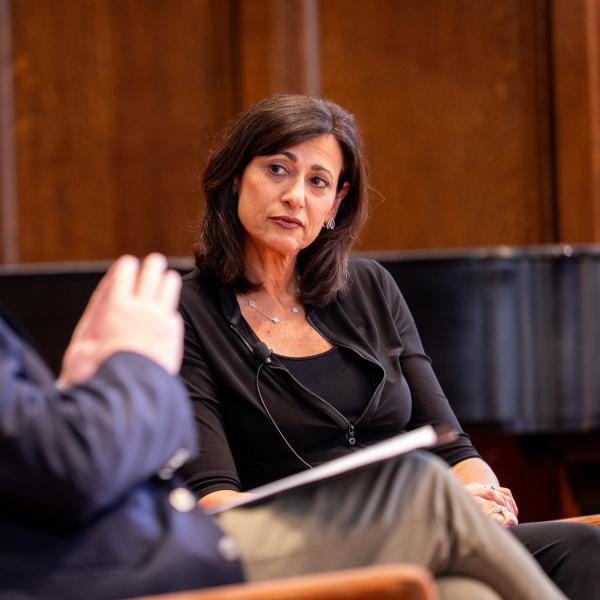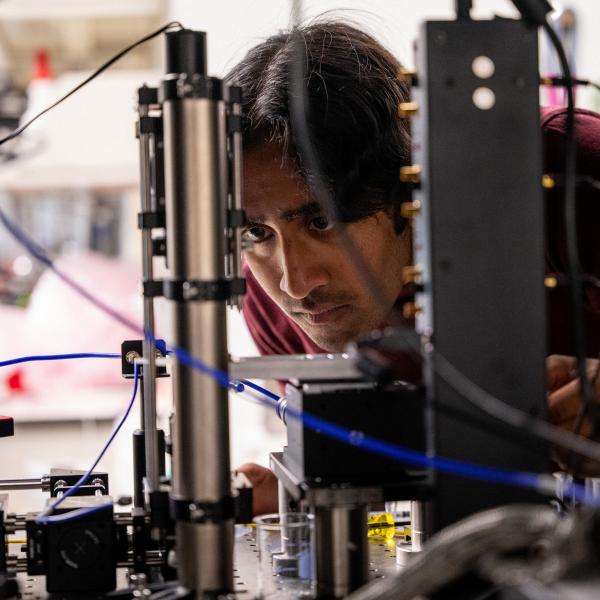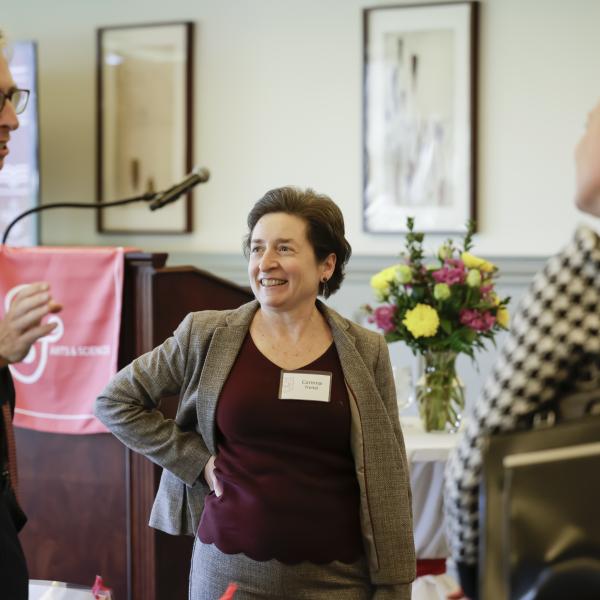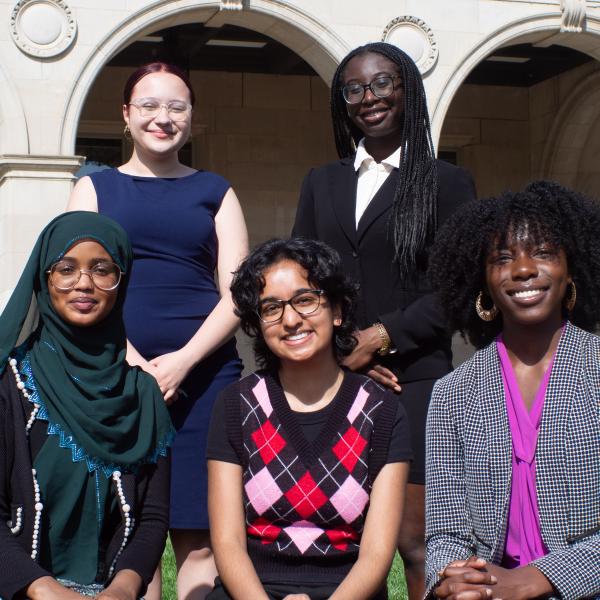This month, Arts & Sciences researchers received awards from the Packard Foundation, the National Institutes of Health, and other organizations.
Gary Patti, Michael and Tana Powell Associate Professor of Chemistry, and co-investigators at the Washington University School of Medicine (WUSM) were awarded $4,612,830 by the National Institutes of Health (NIH) to support the Long Life Family Study. Separately, Patti and collaborators at Saint Louis University received funding from the NIH in support of their work on universal metabolite tagging.
Bronwen Konecky, assistant professor in the Department of Earth and Planetary Sciences, was named a member of the 2019 class of Packard Fellows for Science and Engineering by the David and Lucile Packard Foundation, placing her among the nation’s top early-career scientists and engineers. Konecky will receive a five-year $875,000 grant to pursue her research, which focuses on ancient and modern environments to provide a geologic perspective on present-day climate change. Earlier this year, Konecky also received the Nanne Weber Early Career Award from the Paleoceanography and Paleoclimatology Section of the American Geophysical Union (AGU).
Kevin Moeller, professor of chemistry, will receive a 2020 Arthur C. Cope Scholar Award from the Arthur C. Cope Fund and the American Chemical Society. The award recognizes the career achievements of Moeller and his group, specifically their pioneering contributions to the use of electrochemistry as a tool for organic synthesis. The award includes an honorarium and a $40,000 unrestricted research grant. Moeller also received an ACS Midwest Award earlier this year.
The Mars Exploration Rover (Spirit and Opportunity) team received the Distinguished Science Award from the Huntsville chapter of the National Space Club. The award recognizes outstanding contributions in research and discovery that expand knowledge and understanding of space. Ray Arvidson, James S. McDonnell Distinguished University Professor in the Department of Earth and Planetary Sciences and the mission’s deputy PI, said, “This latest award does more than just add to our other awards and laurels. It is a special award in that the rover mission is now history, and this award caps the amazing legacy of exploration and discovery accomplished using the two rovers.”
Zhi Wang, a postdoctoral fellow in the Department of Chemistry working with Jay Ponder, professor of chemistry, won a $32,218 Seed Fellowship from the Molecular Sciences Software Institute (MoLSSI) for his work on enhanced sampling methods for molecular dynamics simulations and related platforms.
Arpita Bose, assistant professor of biology, was awarded a second “Changing the Face of STEM” mentoring grant from L’Oreal USA to continue a summer laboratory research experience she offers to high school students of socioeconomically diverse backgrounds from the St. Louis area. Bose will use the new funding to continue supporting the Gateway Science Summer Program, a partnership she created in 2017 with the Gateway Science Academy of St. Louis.
Caitlin Rankin, a graduate student in archaeology and geoarchaeology in the Department of Anthropology, has been named a co-recipient of the Geological Society of America’s prestigious Richard Hay Award. Rankin was selected for this competitive award based on the scientific merit of her recent research on the effects of climate change at the Cahokia site in Illinois.
Did we miss something? Contact Shawn Ballard, communications specialist in Arts & Sciences.



